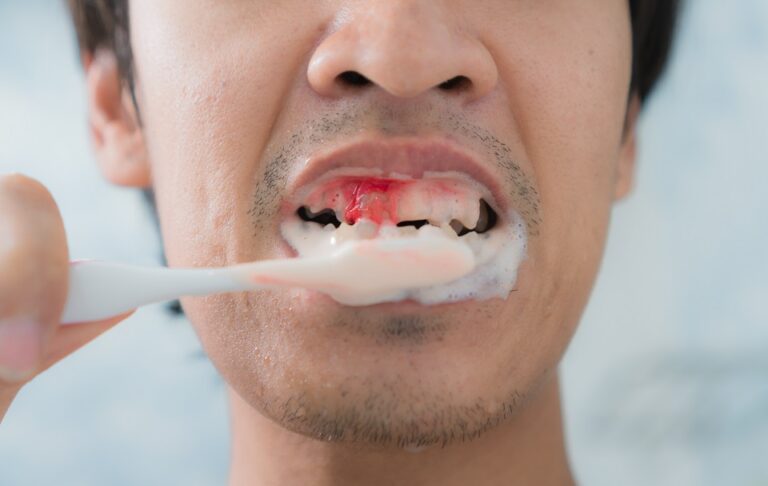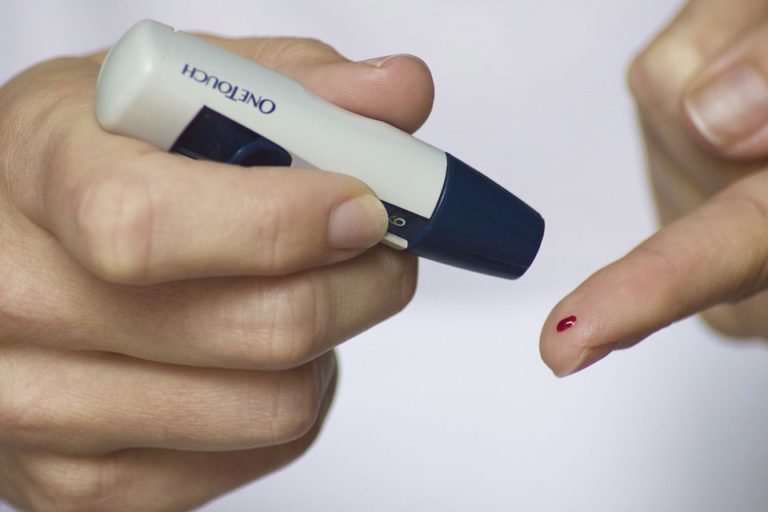
Learning self-compassion is critical
‘The experience of shame can interact with depression in important ways that can maintain or worsen the severity of clinical depression. Classically, the depressed person engages in behaviors that they aren’t proud of: skipping important school or work functions, losing patience with loved ones, staying in bed instead of exercising or engaging in enriching activities, drinking too much.
Common sense dictates that in order to turn the downward spiral of depression into a slow but steady upward spiral, these behaviors need to change. And that is true. But for some, before behavior change happens, the shame needs to be treated first by learning the skills of self-compassion.
Self-compassion is not tough love or false hope, but connecting the pain with understanding, curiosity, and a sincere wish for relief based in kindness and love rather than criticism and disgust.’ —Erin Mendoza, PsyD, owner/director of Belay Psychological Services, LLC in Red Bank, New Jersey

























